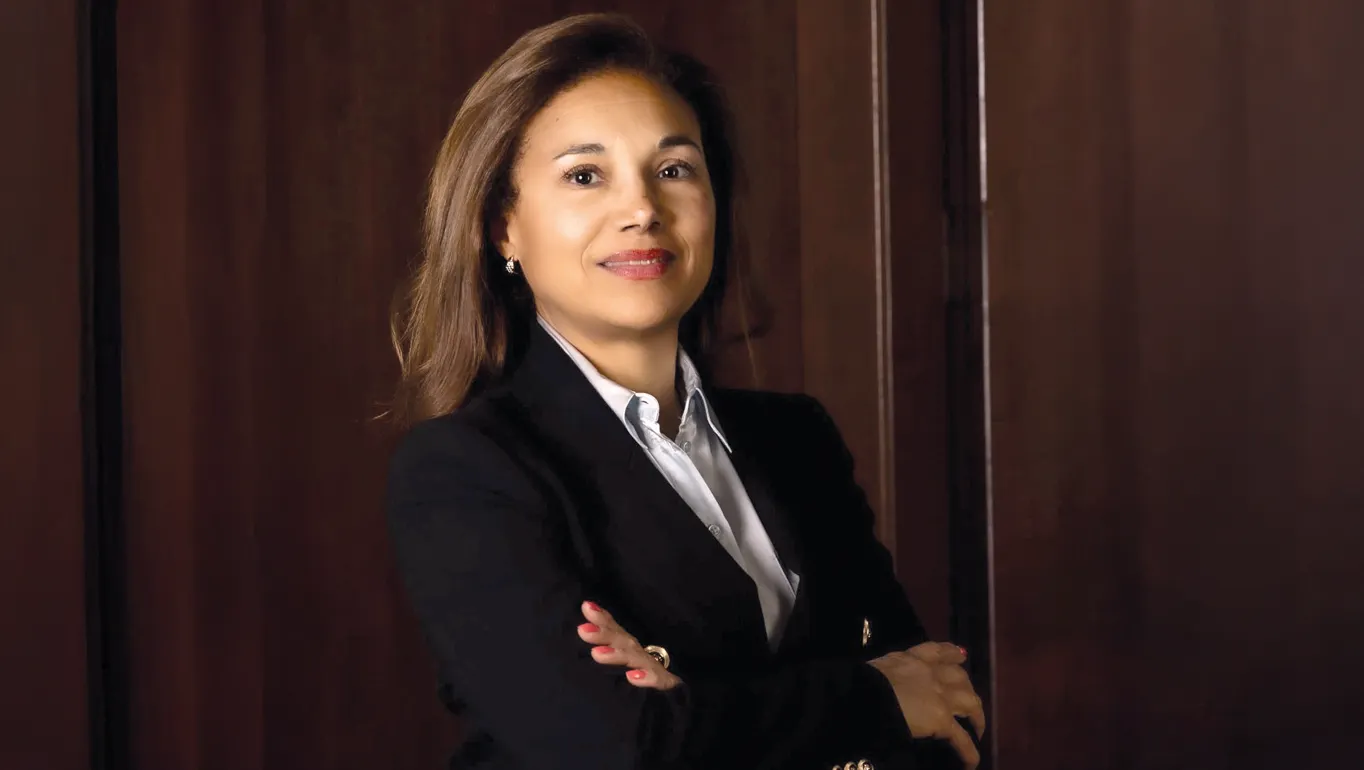Considered a pure product of International Geneva, as she was born in the city of Calvin to a father from the Democratic Republic of Congo and a Belgian-Flemish mother, Catherine Fiankan-Bokonga has combined law and political science with a career as a UN Geneva correspondent since 1998.
On 11 February 2025, she was elected President of Association of Accredited Correspondents to the UN (ACANU) in Geneva where she leads the fight for equitable access to information and freedom of expression. In this article, she reveals more about her role and the vision she has for its future.
What does this appointment mean to you?
Being elected by my peers is both an honor and a great responsibility. It is significant as I am only the third person of African origin to chair this association since its creation in 1949. It’s also a heavy burden due to the context marked by disinformation and the freezing of American funds threatening the UN system.
What are your main objectives as president?
My priorities include strengthening access to information for ACANU members, establishing new bridges with other actors in International Geneva, and sharing experience with the new generation of correspondents. During my one year mandate, I plan to focus on organizing specialized training sessions in collaboration with technical entities like the World Trade Organization (WTO). These sessions will help newcomers understand complex mechanisms and procedures in international organizations.
What challenges do accredited correspondents to UNOG face today?
The main challenge is access to information. UN agencies have shown reluctance to interact with the press, a trend reinforced by the COVID-19 pandemic. In a context where disinformation proliferates, this mistrust is understandable, but we must remember the UN General Assembly resolution (70/125) addressing access to information. I will add that the professionalism of ACANU members is regularly recognized by the UN Secretary-General, Antonio Guterres.
What would be the consequences of maintaining this attitude?
In Geneva, the interconnectedness of various international entities is evident. If UN agencies increasingly prioritize online events and limit access to their experts, it could diminish the necessity for Geneva-based correspondents to cover news on-site. This shift might have a cascading effect on the 183 diplomatic missions and 476 NGOs currently present in Geneva. These organizations may find it more cost-effective to monitor International Geneva’s activities from alternative locations, such as Paris. Consequently, this trend could accelerate staff relocations from the 40 international organizations in Geneva and potentially reduce the presence of diverse foreign media representatives.
How do you respond to all these upheavals?
The current atmosphere consists of a mixture of fear about the future and deliberate opacity towards the media. Under such conditions, it is very difficult to use the power of the press to help UN agencies attract new donors. The newly elected Committee is particularly focused on organizing exclusive press conferences with people (humanitarian actors, States representatives and NGOs) who ‘make the news’ in order to generate unique information ensuring professional coverage despite obstacles.
How do you perceive the impact of the American funding freeze on International Geneva?
This funding freeze is a blow to multilateralism. It is also endangering humanitarian and diplomatic missions. Essential programs have been suspended, threatening millions worldwide. This crisis also threatens the economic balance of Geneva, which is closely tied to the activities of the UN and its specialized agencies. The potential layoffs and budget cuts could have a ripple effect on various sectors, including hotels, restaurants, taxis, and suppliers.
You’ve been a correspondent to the UN Geneva since 1998. How does this experience influence your vision?
Being based in Switzerland while regularly going to the field highlights the need to showcase all angles of specialized agencies’ work. The UN system is full of committed people helping others and defending their rights. These stories deserve to be told as they can inspire youth and prove hope is possible.
What do you wish to convey to the young generation of correspondents?
Cultivate solidarity and goodwill among the Geneva press corps, as unity is strength. Understand the issues, read reports, and ask questions to UN experts. Never underestimate the role of a professional press in building a fairer world.



